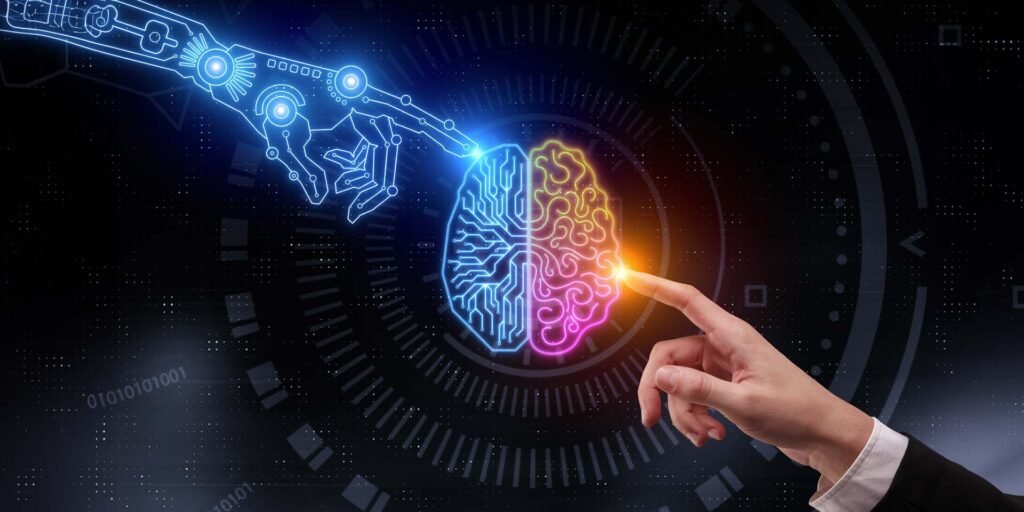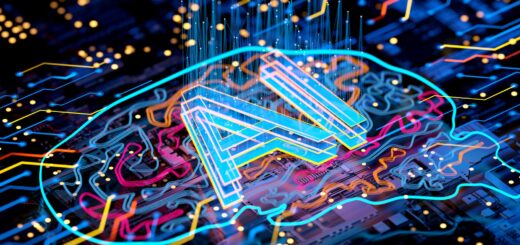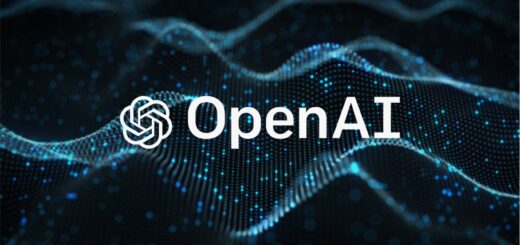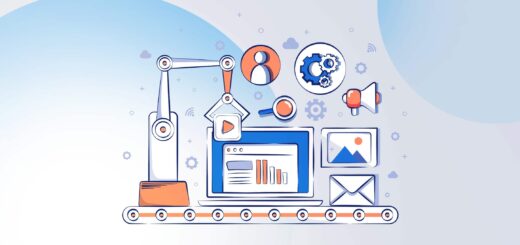The Rise of AI-Powered Code Generation: A New Era for Developers

Programming has long been a skill requiring years of learning, practice, and experience. Writing software, debugging errors, and optimizing performance are traditionally seen as tasks that demand human expertise. However, recent advancements in AI-powered code generation are reshaping the way software is developed, enabling both professional developers and beginners to write, optimize, and even debug code with the help of artificial intelligence.
With AI-driven tools now capable of generating complex code snippets, suggesting optimizations, and even explaining algorithms, the software development landscape is undergoing a profound transformation. These tools not only accelerate development cycles but also lower the entry barriers for non-programmers, allowing more people to create applications with minimal coding knowledge.
This article explores how AI-powered code generation is revolutionizing software development, the tools leading this transformation, and the challenges that come with integrating AI into coding workflows.
How AI is Changing Software Development
AI has gradually become an integral part of software engineering, but the introduction of large-scale language models trained specifically for code generation has taken things to the next level. These models, powered by deep learning and trained on massive datasets of publicly available code, can:
- Generate functional code based on plain language descriptions.
- Suggest improvements to make code more efficient and readable.
- Detect and fix bugs before they cause major issues.
- Automate repetitive coding tasks, reducing the workload on developers.
This shift is not just about speeding up development—it’s also reshaping the role of software engineers, allowing them to focus more on problem-solving and architecture rather than repetitive coding tasks.
AI-Powered Code Generation Tools: Leading the Way
Several AI-driven tools have emerged as game-changers in the world of software development. Each offers unique capabilities that enhance productivity and improve the quality of code.
1. AI-Assisted Coding with GitHub Copilot
One of the most talked-about advancements in AI-driven software development is GitHub Copilot, an AI-powered coding assistant developed by OpenAI in collaboration with GitHub.
- How it works:
- Copilot suggests entire functions or code snippets as developers type.
- It understands natural language descriptions and generates corresponding code.
- It can predict what developers want to write next, streamlining the coding process.
- Impact on developers:
- Accelerates the writing of boilerplate code.
- Reduces syntax errors and improves code consistency.
- Helps beginners learn coding by providing contextual suggestions.
2. AI-Powered Code Completion in IDEs
- Many Integrated Development Environments (IDEs) are now integrating AI-based code completion features.
- JetBrains’ Code With Me and Visual Studio Code’s IntelliCode leverage AI to auto-complete entire lines of code, suggest improvements, and even refactor code intelligently.
3. AI-Driven Debugging and Error Detection
- AI-powered debugging tools like DeepCode and Sourcery analyze codebases, detect potential errors, and suggest optimized fixes.
- These tools can understand code logic rather than just catching syntax errors, making debugging more intuitive and efficient.
4. AI in Low-Code and No-Code Development
- Platforms like Bubble, OutSystems, and Google’s AutoML are integrating AI-powered suggestions, allowing users to build applications with minimal coding expertise.
- AI is making it easier for non-technical users to create functional applications, bridging the gap between software development and business needs.
Benefits of AI-Powered Code Generation
The integration of AI into software development brings numerous advantages, including:
- Faster Development Cycles – AI-generated code speeds up the development process, allowing companies to bring products to market faster.
- Reduction in Repetitive Coding – Developers can focus on complex problem-solving rather than writing standard, repetitive functions.
- Improved Code Quality – AI models trained on best practices suggest efficient, optimized, and well-structured code.
- Enhanced Collaboration – AI-driven tools improve team productivity by suggesting relevant code snippets and refactoring strategies.
For both individual developers and enterprise software teams, AI is proving to be a valuable co-pilot, rather than a replacement for human programmers.
Challenges and Limitations of AI in Code Generation
Despite its advantages, AI-powered code generation is not without its challenges. Some of the key concerns include:
1. Lack of Deep Contextual Understanding
- While AI can generate syntactically correct code, it often lacks deep contextual awareness of a project’s requirements.
- Developers still need to review AI-generated code to ensure it aligns with business logic and security standards.
2. Security Risks and Vulnerabilities
- AI models trained on open-source code may unintentionally generate code snippets with security vulnerabilities.
- There is a risk of accidental plagiarism, where AI generates code that closely resembles copyrighted material.
3. Dependency on AI Assistants
- Over-reliance on AI could lead to developers losing fundamental problem-solving skills.
- AI-generated code may reduce the need for junior developers, potentially impacting job opportunities for entry-level programmers.
4. Ethical and Legal Concerns
- AI-generated code raises intellectual property (IP) concerns, as some AI assistants may be trained on publicly available but copyrighted repositories.
- There are ongoing discussions around whether AI-generated code should be attributed to developers or AI models.
Despite these challenges, AI-powered coding tools are continuously evolving, and researchers are actively working on solutions to improve model transparency, reduce bias, and enhance security measures.
The Future of AI-Powered Software Development
As AI-driven code generation tools become more sophisticated, we can expect:
- More advanced AI models capable of understanding broader context and project-specific goals.
- AI-driven full project development, where AI not only writes code but helps manage software architecture and design patterns.
- Integration of AI with DevOps workflows, allowing AI to optimize deployment strategies, monitor performance, and suggest real-time improvements.
- Stronger AI-human collaboration, where AI becomes a true assistant, helping developers think through complex problems and explore alternative solutions.
While AI may not replace human developers anytime soon, its role in enhancing productivity, optimizing workflows, and democratizing coding knowledge will continue to expand. The future of software development is not just about writing code—it’s about collaborating with intelligent systems that enhance human capabilities.
Final Thoughts: A New Era for Software Engineering
AI-driven code generation is not just a convenience—it’s a paradigm shift in how software is developed. These tools are making programming more accessible, more efficient, and more collaborative, opening doors for a new generation of developers to build applications faster and smarter.
Yet, AI is far from infallible. Developers must continue to exercise judgment, review AI-generated code, and ensure security best practices are followed. The real power of AI in software development lies in its ability to augment human creativity and problem-solving skills, rather than replace them.
As AI-powered tools evolve, the role of the developer will also evolve—moving beyond just writing code to guiding AI models, structuring intelligent workflows, and creating next-generation applications. In this new era, software engineering will be a collaboration between human intelligence and artificial intelligence, pushing the boundaries of innovation further than ever before.




